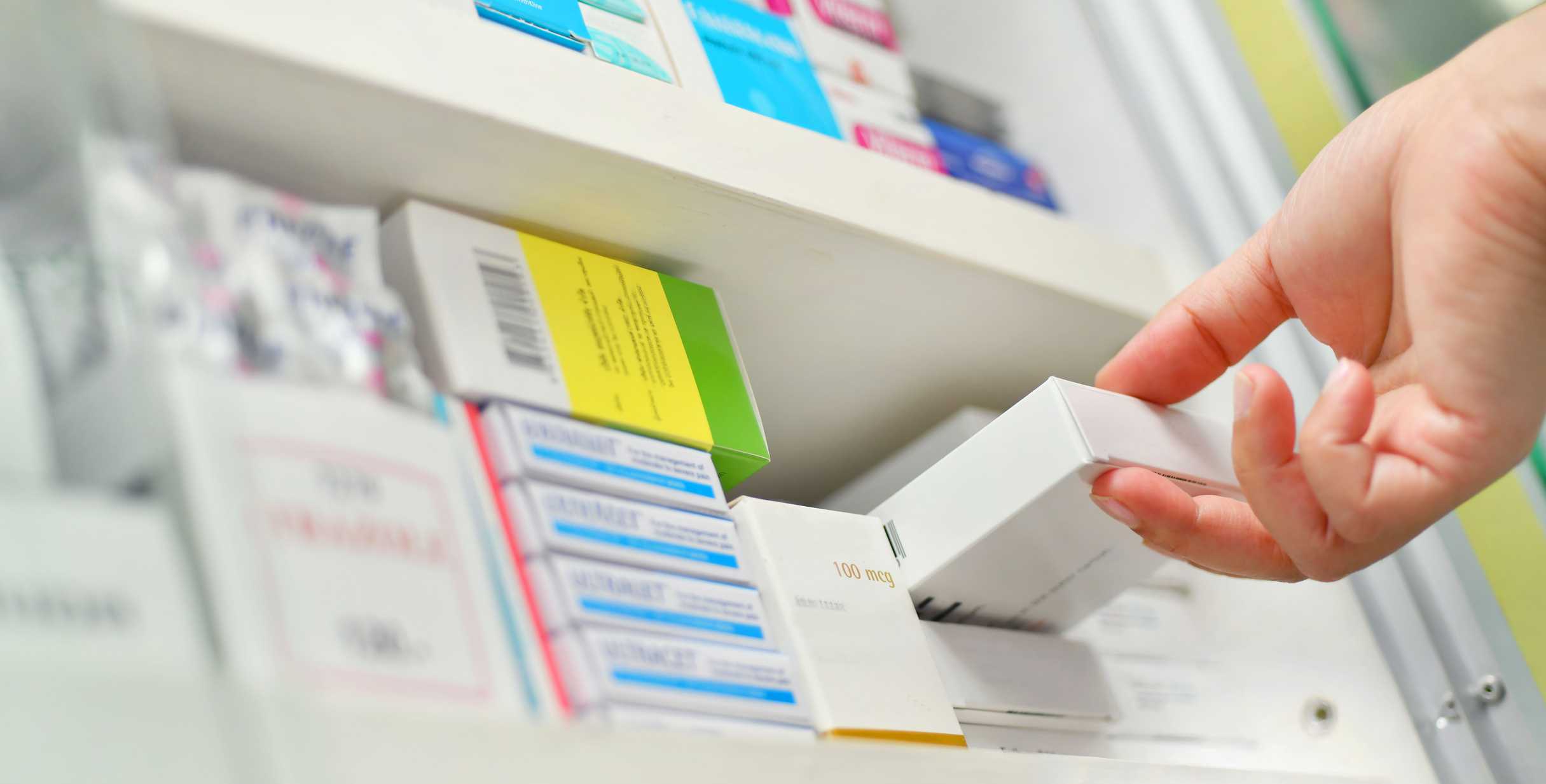Diabetes medications are a common form of treatment for people with diabetes.
There are many different types of diabetes medicines, or anti-diabetic drugs, and this includes insulin, which has its own area within the site.
Whilst each drug is unique in the way it works to help patients with diabetes keep their condition under control, some act similarly to one other and are grouped in the same class of drugs.
The way in which they are administered can also differ, with some medicines taken orally and others injected directly into the blood.
Are diabetes drugs suitable for all diabetics?
Most diabetes drugs are designed for people with type 2 diabetes who are unable to control their blood sugar levels through strict diet and exercise alone. But somen, such as metformin, are sometimes taken alongside insulin treatment for people with type 1 diabetes
What are the side effects of anti-diabetic medicines?
As with any type of medication, blood glucose-lowering drugs can have a number of side effects. These potentially harmful effects are listed in the patient information leaflet that accompanies the medication, so make sure you check this before starting your drug treatment.
You may not experience any of the adverse effects listed, but if you do, consult your doctor and/or diabetes care team as they may be able to suggest another suitable medication for your condition. They will also be help with any questions or concerns you have regarding your medicine.
Can more than one drug be taken at the same time?
Depending on individual circumstances, a GP may prescribe more than one anti-diabetic drug to help treat a patient’s diabetes.
MEDICATION GUIDES:
Watch the video below for more information on the types of diabetes medication available.
Important information
- Make sure you’re prescribed diabetes medication is safe to take with your other medicines.
- Before starting your course, read the manufacturer’s printed information leaflet from inside the pack.
- Stick to the drug dosage prescribed by your doctor. If you think you’ve taken an overdose of this medicine, get yourself to A&E department of your local hospital as quick as you can, and remember to take the container with you.
- Never give your medication to other people, even if their condition appears to be the same as yours.
- Take any out-of-date or unwanted medicines to your local pharmacy for disposal.
*Disclaimer: This article on diabetes medication is for information only.












